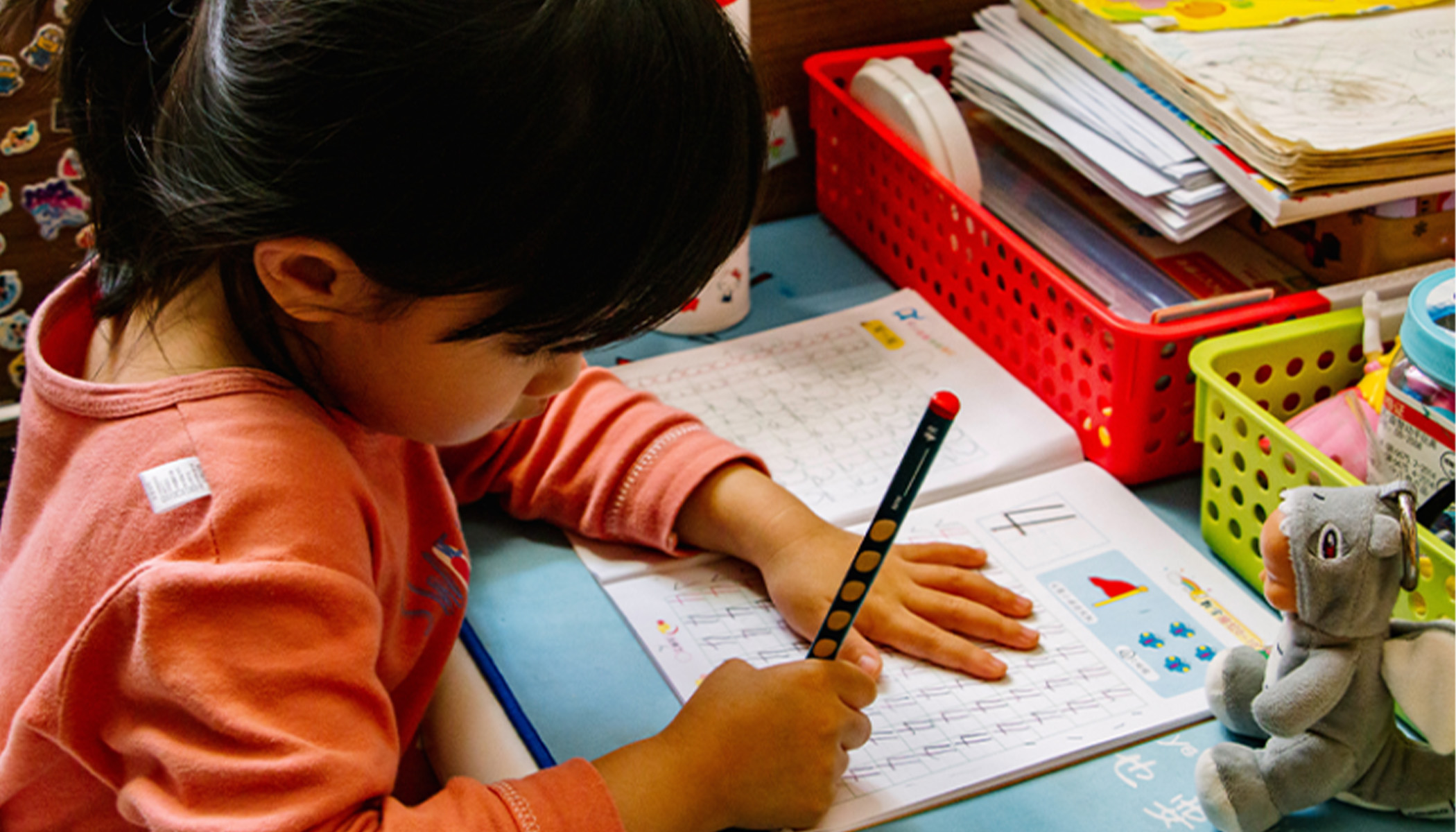Research-led consultancy to revitalise multilingual education
China is a multilingual country with over 280 languages spoken by its 56 ethnic groups. While Mandarin Chinese is promoted as the national lingua franca, the government has also encouraged the teaching and learning of minority languages.
In ethnic Korean communities, for example, there are ethnic Korean minority schools at all education levels, where formal instruction of both Korean and Chinese languages is provided. Since 2001, English has been introduced into the national curriculum of primary education, contributing to a notable upsurge of English language learning throughout Chinese society. Today, English has become the most popular foreign language in China and plays a vital role in one’s academic and professional advancement.
The problem
Despite the bilingual advantage in additional language learning observed among European cases, Korean-Chinese bilingual students from ethnic minority schools tend to show lower English literacy skills compared to their monolingual counterparts. Furthermore, students in ethnic minority schools have been found to experience a decline in motivation for English learning as they progress to higher grades, whereas those in mainstream schools demonstrate an increasing motivation. There is no doubt that an enquiry into English language teaching and learning in this context is urgently needed, in particular to explore potential pedagogical solutions for bridging the language divide.
Meanwhile, it’s also been found that more than 70% of students prefer their teachers to use both Chinese and Korean in English class. This aligns with the growing popularity of a multilingual pedagogy in academia, which challenges the monolingual ideology in language education and views learners’ languages as resources for teaching and learning.
However, it’s not clear for English teachers how to transform their teaching practices and adopt a multilingual pedagogy.
Technology Overview
- To maximise the potential of multilingual children and improve their language learning outcomes, TransPAS will provide research-led consultancy service to revitalise the multilingual schools in minority communities.
- Our service will empower teachers with pedagogical training and innovative teaching resources, evaluate students’ multilingual competence with tailored assessment tools, and enlighten school leaders with research evidence and expert advisory reports.
- The teacher training will comprise seminars and workshops guided by researchers, where teachers will develop lesson plans leveraging the students’ prior languages.
- To recognise the teachers’ professional development, they will receive a certificate of teaching expertise, indicating their ability to implement multilingual pedagogy to achieve their teaching aims.
- Students will be assessed in all three languages before and after the intervention, as their prior languages will also be enhanced through the multilingual teaching approach.
Opportunity
The team at TransPAS call upon the support of potential sponsors for funding and is seeking potential partner organisations who share our vision. TransPAS is also open to partnerships with individuals who have experience in brand and marketing to help enhance the social impact of TransPAS and ensure its long-term sustainability.




